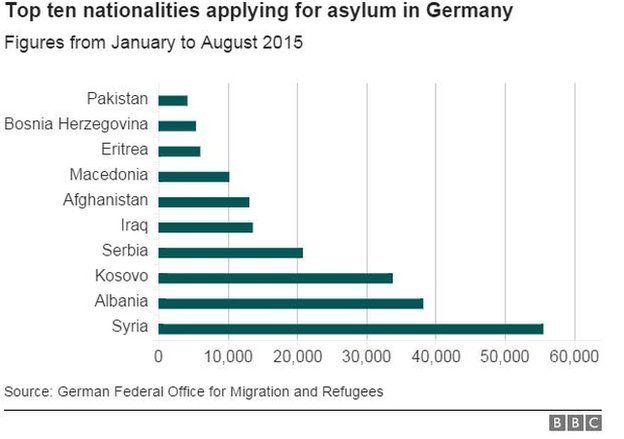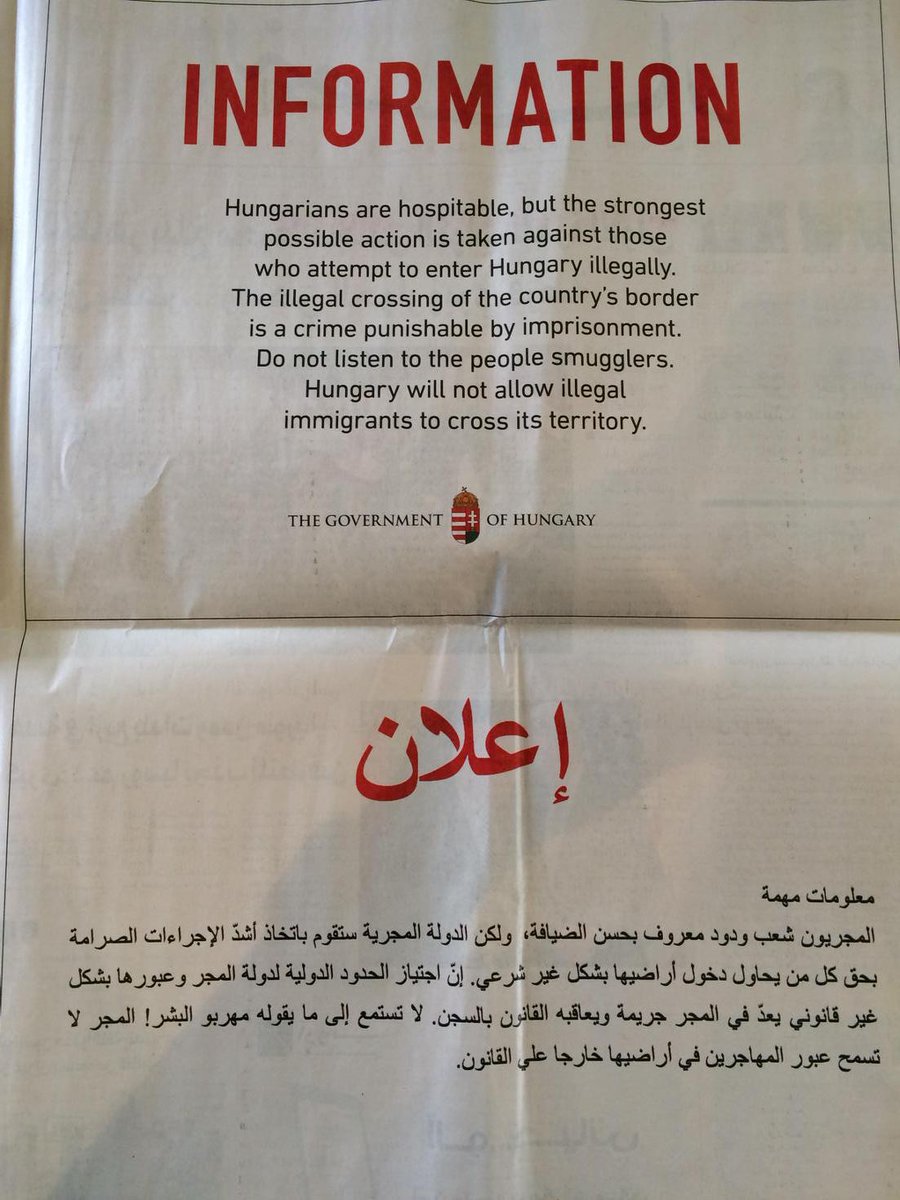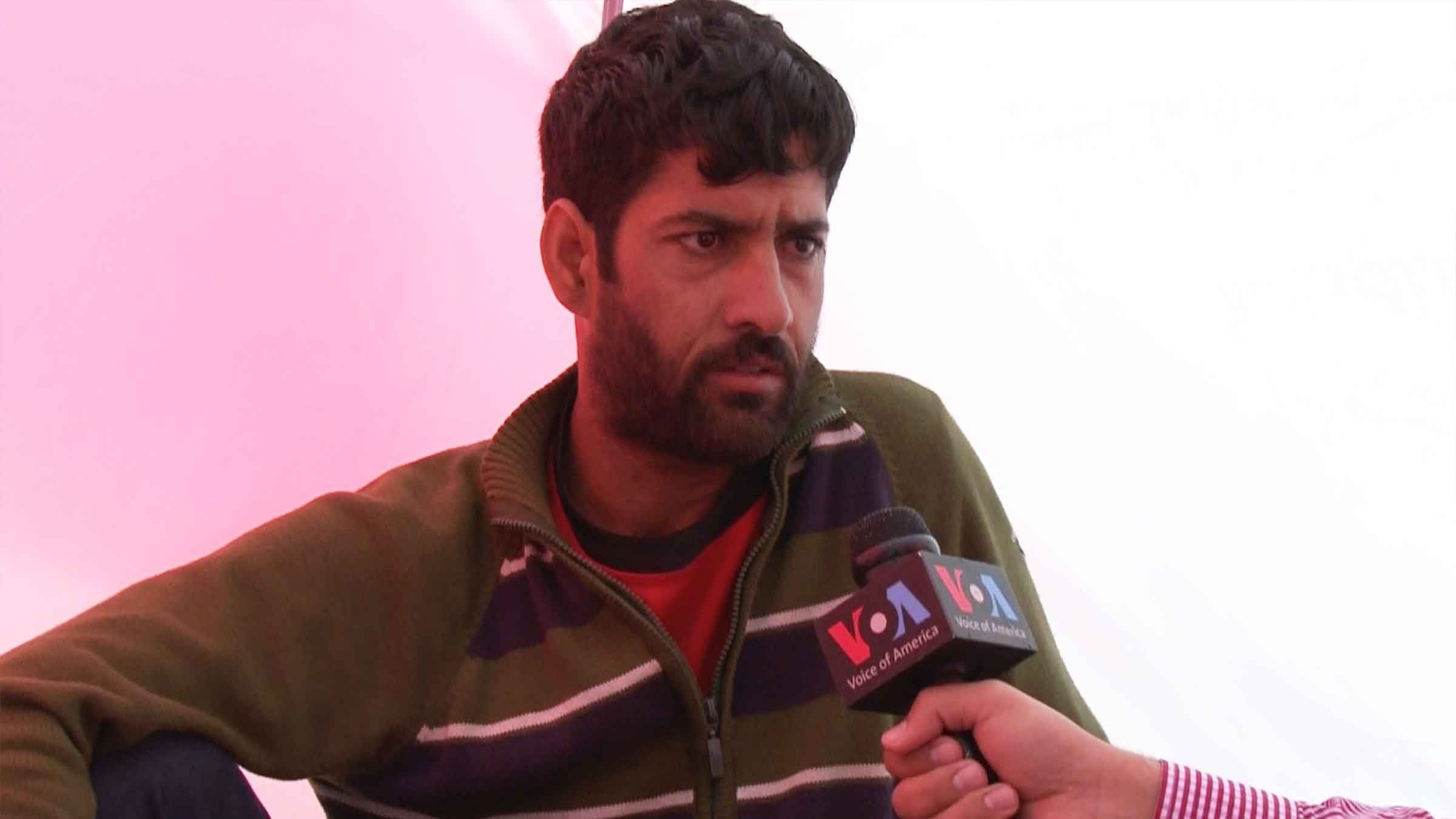No one, including the FBI, law enforcement or even the State Department can or will assure much less guarantee there will be NO risk to our national security. It must also be noted, the migrants are from many countries including Afghanistan, Iran and even Pakistan to list a few.

Congressman Brian Babin of Texas is striking back hard on the immigration issue with direct attention placed on the migrant issue in Europe as the White House and the State Department are preparing to increase the number of migrants up to 100,000.
Representative Babin has introduced legislation, H.R. 3314 that requires our attention and support to advance it in the House.
Meanwhile, per orders of the White House, the taxpayer is giving yet another $419 million to Syrian refugees.
The United States will give $419 million more in humanitarian aid to assist Syrian refugees and the countries that are hosting them, administration officials said Monday.
The new aid brings the total U.S. donation since the Syrian conflict began in 2011 to $4.5 billion, more than any other country. It was announced a day after Secretary of State John F. Kerry said the United States would raise its annual refugee resettlement cap from 70,000 this fiscal year to 85,000 next year and 100,000 in 2017.
The United States has been the single largest donor of humanitarian aid to Syrians who have been displaced within their war-torn country or who have become refugees. But the administration has been criticized for not admitting more Syrians to America in the face of an epic wave of people fleeing the war zone. More details here.
The migrant issue in Europe has surpassed critical conditions, with regard to costs, housing, medical assistance, rescue/recovery, food, transportation, paperwork processing, jobs and challenges the legal system.

The Hungarian government placed full-page advertisements in Lebanese and Jordanian newspapers Monday, warning migrants that they can be jailed if they enter the country illegally.
The “strongest possible action is taken against those who attempt to enter Hungary illegally,” the ads said in English and Arabic. Lebanon is reported to host nearly 1.2 million Syrian refugees while around 630,000 are currently in Jordan.
Speaking in parliament Monday, Hungarian Prime Minister Viktor Orban said millions of migrants are “laying siege” to Europe’s borders.
He said “the migrants are not just banging on our door, they are breaking it down” and insisted that razor-wire fences the country is building on its borders with Serbia, Croatia and Romania are needed to defend Hungary and Europe, the Associated Press reported.
Hungary closed its border with Serbia on Sept. 15 and reopened it Sunday for vehicles, which are being checked by authorities.
In Turkey overnight, about 700 mainly Syrians who waited at Istanbul’s main bus station for a week after authorities suspended ticket sales to the northwestern town of Edirne, set off on foot toward the town — 150 miles away near the Greek border — in an effort to reach Europe, Agence France-Presse reported.
Some managed to board buses and private vehicles en route, but those who failed to do so were blocked by police about 31 miles from Istanbul, according to the news agency.
In Greece, fewer boats than normal landed on the island of Lesbos — a major transit point for Syrian refugees heading to Europe from Turkey — on Monday morning, ahead of an expected thunderstorm, Reuters reported.
It came after 13 migrants died when their boat collided with a ferry off Turkey on Sunday.
Hundreds of thousands of migrants and refugees, many of them from Syria, Afghanistan, Iraq and Eritrea, have headed to Europe this year fleeing conflict at home as countries along the route struggle to cope.
Monday, Austrian police spokesman Helmut Marban said nearly 24,000 refugees entered the country during the weekend, and another 3,200 arrived at the Nickelsdorf crossing — the main border crossing from Hungary — on Monday morning. Greek police also said 8,500 asylum-seekers crossed into neighboring Macedonia in the last 24 hours, the AP reported.
Foreign ministers from Hungary, Poland, Slovakia and the Czech Republic were meeting Monday, and were expected to voice opposition to Germany’s call for a more even distribution of migrants, the BBC reported. Germany says it is expecting at least 800,000 migrants this year.
European Union interior ministers are due to discuss the crisis on Tuesday and on Wednesday, EU leaders will gather for an extraordinary meeting in Brussels on how to deal with the influx of migrants and refugees.
The Croatian government said that 29,000 refugees entered the country by 6 a.m. local time Monday.
Speaking at a camp housing migrants near the eastern town of Tovarnik, Croatia’s Interior Minister Ranko Ostojic said he will seek to stop the flow of migrants from Greece at Tuesday’s meeting, Reuters reported.
He added: “It is absolutely unacceptable to have Greece emptying its refugee camps and sending people towards Croatia via Macedonia and Serbia.”
Secretary of State John Kerry on Sunday said that the U.S. will accept 85,000 refugees from around the world next year, up from the previous quota of 70,000. He also said the total would rise to 100,000 in 2017.
USA TODAY reporter Kim Hjelmgaard is currently traveling the land route taken by many migrants from Lesbos, Greece, to Berlin, Germany. Follow his journey here:


